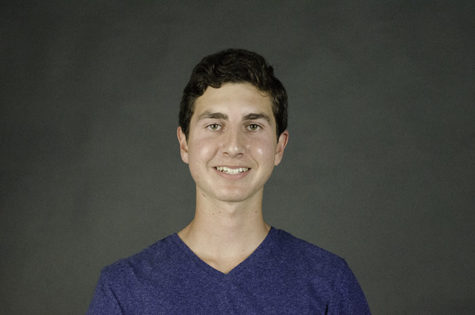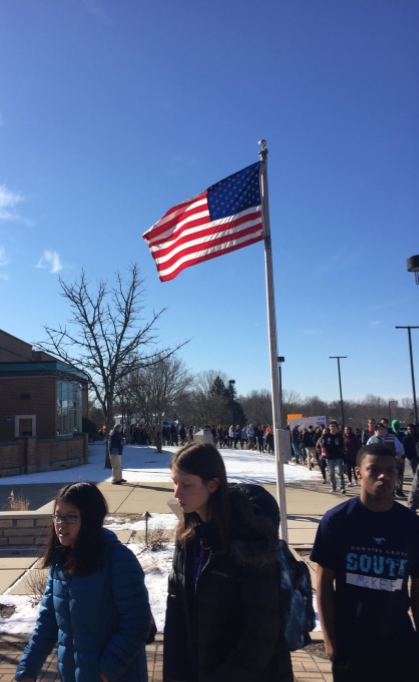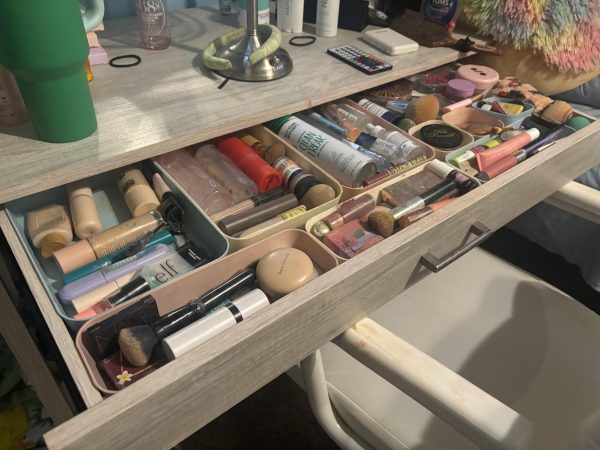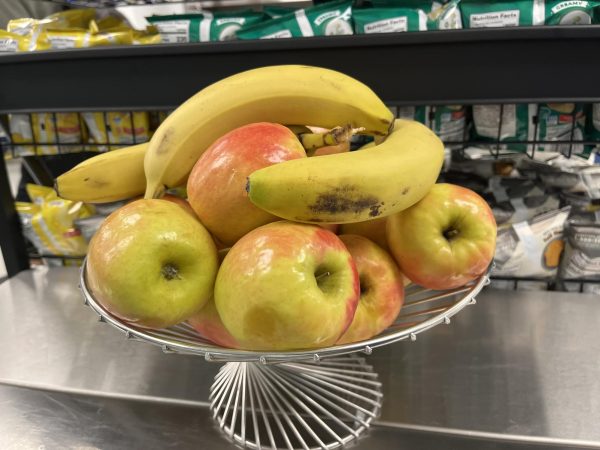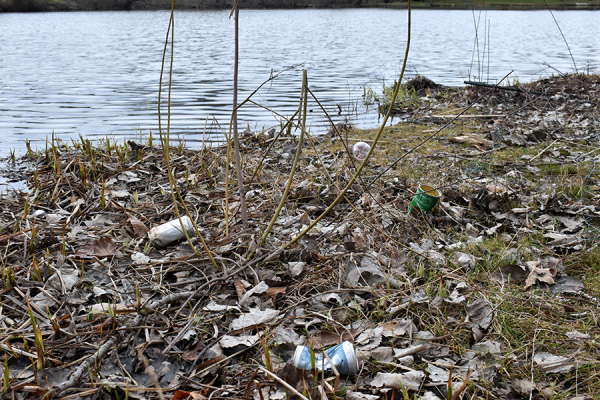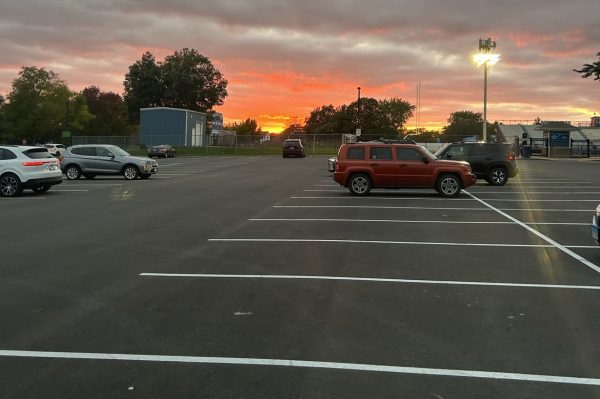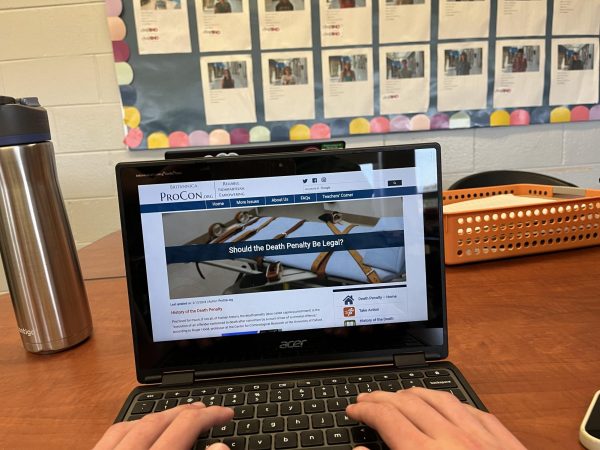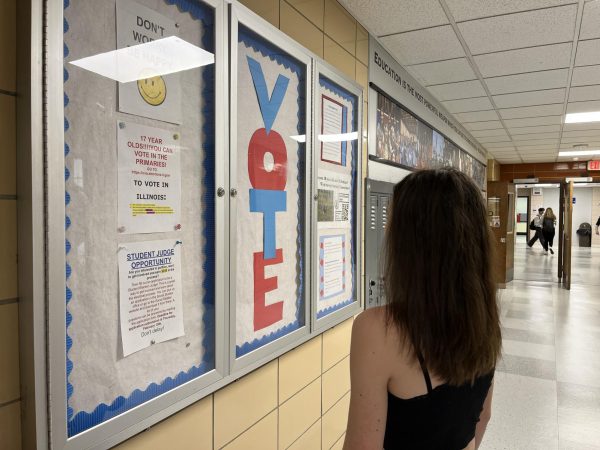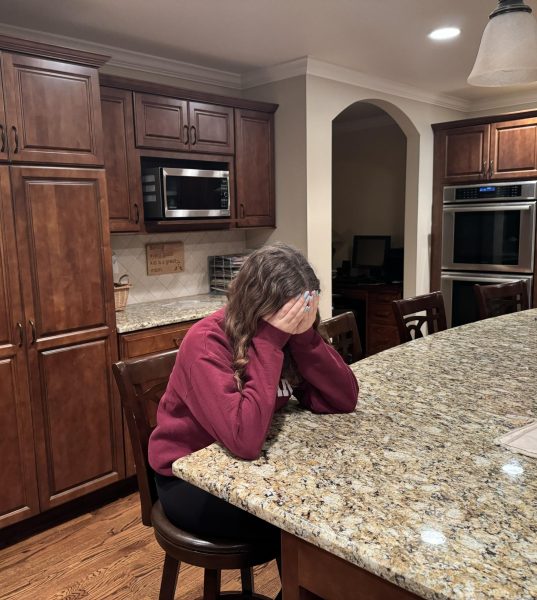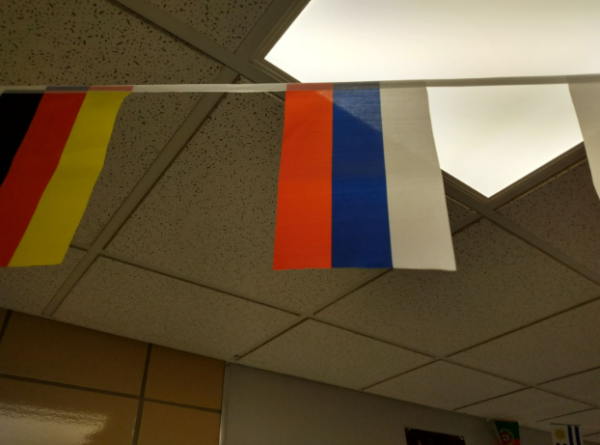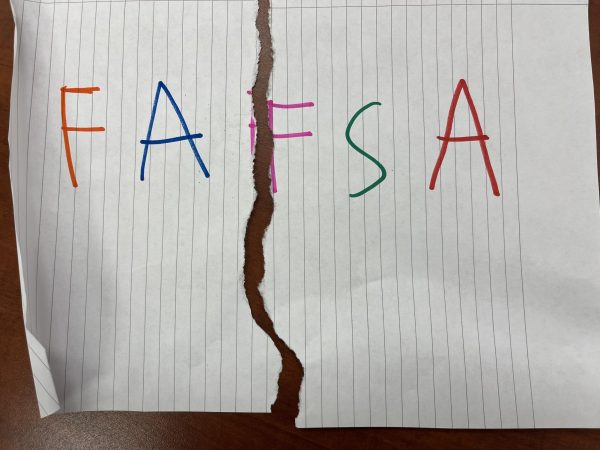Dueling perspectives: voting age
Marc Alvarez:
When the United States was founded, it was seen as one of the first true, modern democracies. The words “all men are created equal” are enshrined in the second paragraph of the Declaration of Independence. But these founding myths are in many ways just that—myths.
From the beginning, participation in our democracy has been limited. Originally, “all men” meant just white, land-owning men in most states. Women, people of color and landless whites were all barred from voting. As time passed, more and more groups gained suffrage. Black men with the 15th amendment, women with the 19th and 18 to 21-year-olds with the 26th.
I mention these groups not to imply that today’s teens face similar oppression to the marginalized groups of some of our nation’s darkest chapters of history but to show that a precedent exists. Throughout our history, the groups allowed to participate in voting and, more broadly, our democracy have expanded numerous times.
But where do we draw the line? Why lower it to 16? Why isn’t 18 good enough?
First, an explanation of why 16 is the right age. Yes, 16-year-olds are not fully formed adults, their brains haven’t finished developing, but that doesn’t mean they aren’t capable of voting.
By the time a person reaches age 16, they have fully developed a sense of “cool cognition,” which describes decisions that are not made in the heat of the moment. Voting is an example of cool cognition and therefore something the teenage mind has no trouble handling.
Another common argument against expanding voting rights to teenagers is that they are uninformed. Sure, some are, but so are voters of all ages. Part of what makes a democracy, a democracy, is that everyone gets a voice.
In some ways, teenagers are in a better position to make an informed decision than the average voter. Teenagers are prompted to think about our society and country in civics and history classes. They also are surrounded by a diverse set of peers that can challenge and transform their assumptions and thoughts about the world.
Sixteen-year-olds also live much stabler lives than their 18-year-old counterparts. Still in school, most 16-year-olds live with their parents. This allows for easier access to voting than the transitional world that most 18-year-olds occupy as they depart to college or enter the workforce.
Establishing and developing voting habits in a relatively stable time leaves long-lasting cycle of voting. It also can even lead to higher rates of parents voting. In more ways than one, lowering the voting age can increase voter turnout which the US ranks 28th out of the 35 OECD countries.
But why isn’t 18 good enough? The reasons behind why 16 and 17-year-olds want to vote and should be allowed to vote are both incredibly personal and varied. But at the core of each reason is a feeling of powerlessness.
It’s impossible to speak to the issues that each teenager feels passionate about, so I’ll speak about what sparked my desire to lower the voting age to 16.
After the Parkland shooting, my own feelings and those of teenagers across the nation started with pure horror and morphed out of necessity into action. Hundreds of thousands of students found their voice and spoke out on an issue that personally affected each and every one of them.
Now while I was 18 and did have that power to vote, many of those around me did not. Here they stood, united as a political force, but with no political power. Instead, they had to wait on the sidelines as months passed and news of school shootings continued without end.
This is not to say that all teenagers are united in their desire to be able to vote for gun control measures. Many are, but some aren’t. And that disagreement is entirely the point.
In a democracy, there is disagreement and conflict, but through voting, we decide collectively in what direction to move. So, no, the point of lowering the voting age isn’t to achieve a certain set of policies. Instead, it’s to give power to a capable group of young people who have already developed their political voices and are itching to have the power to see them realized.
Matthew Hollendonner:
Imagine a world where your sixteen year old sibling has a say in the future of your state and country, unfortunately that world may not be very far away. With recent acts of violence brought inside the classrooms of schools around America, the idea that 16-year old children should be able to have a say in politics is on the rise.
On paper this may seems like a good idea,but the reality is that a 16-year-old just doesn’t have the proper understanding to make these decisions that can affect each and everyone of us.
There is a reason that being a 16-year old kid doesn’t have that many amenities, they are underdeveloped and unprepared to make choices that won’t affect them for years. Not only will we have irrational voters with no real experience to any of the issues being addressed but we will have our politicians use this as a way to get away from bringing light to an actual issue.
Imagine a world where Hillary Clinton’s “Pokemon go to the polls,” and “Just chillin’ in Cedar Rapids,” actually carry influence to voters. Unfortunately if we go younger for voting those kind of sad attempts to attract a younger crowd will actually be helpful to the politician, instead of addressing hot topics they will just be wasting their campaign money on becoming the next trend.
Previously I talked about how these kids are underdeveloped and don’t see the world the same as older people do, they simply don’t have the qualification to have such a voice, the idea of going to war, getting a loan from a bank and getting married are all things that seem like something that an adult can do, but a 16-year old cannot.
If we cant trust these kids to handle some of these more adult steps in life why can we trust them to make a decision that can affect everyone’s future?
Some may claim that these 16-year olds have the ability to start a family, drive and so on as their support as to why they can be trusted with voting. If you’re able to drive across town does that mean you are prepared to drive across the country? No you’re not, just because you are growing up doesn’t mean you’re prepared to make decisions as important as who will help govern our country.
I will give credit where it is due, a lot of teenagers in recent time know a much bigger deal with political agendas than past generations and we can thank the classroom for that but its not an overwhelming amount so it would only hurt to give every 16-year old that right.

